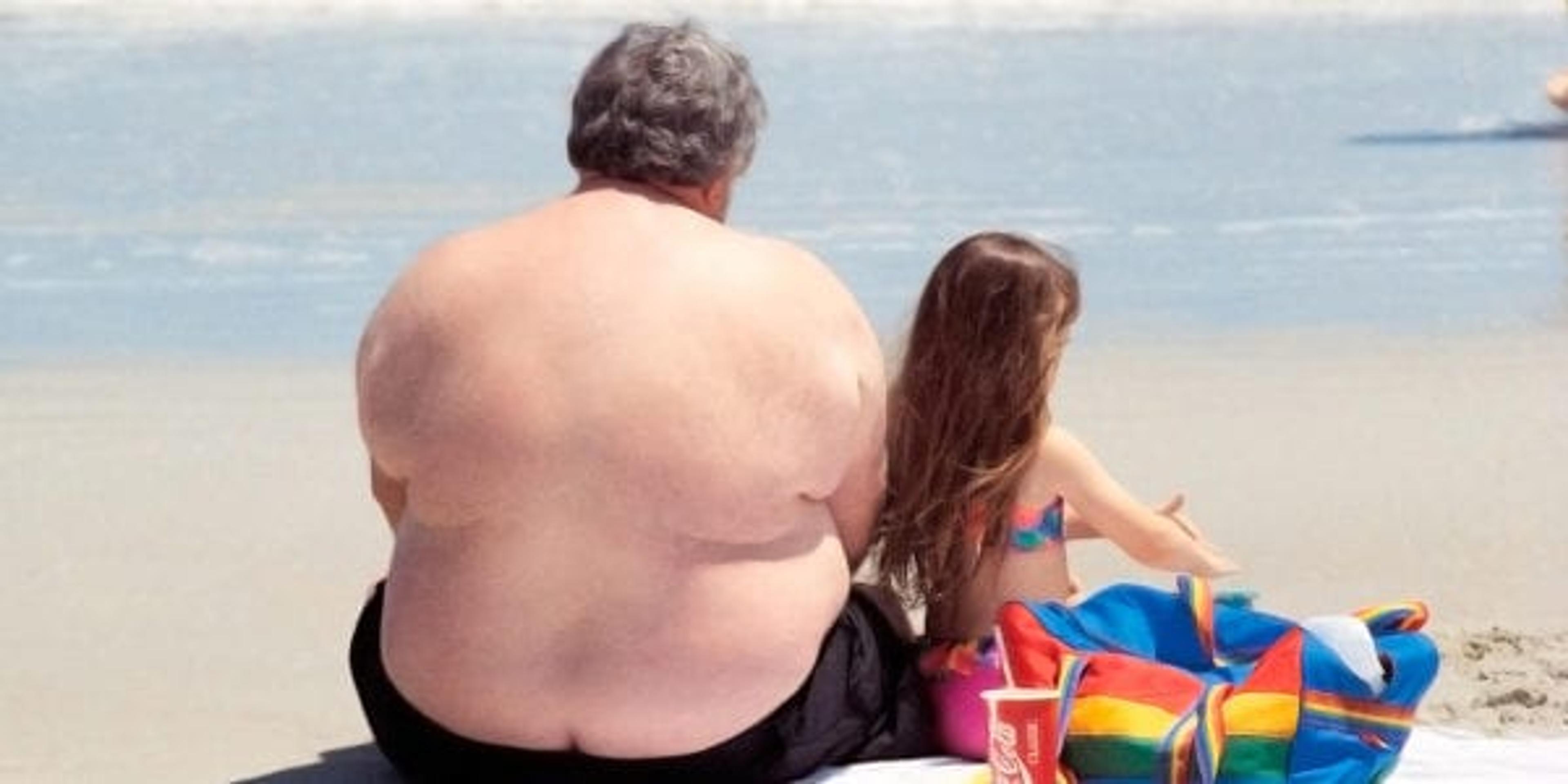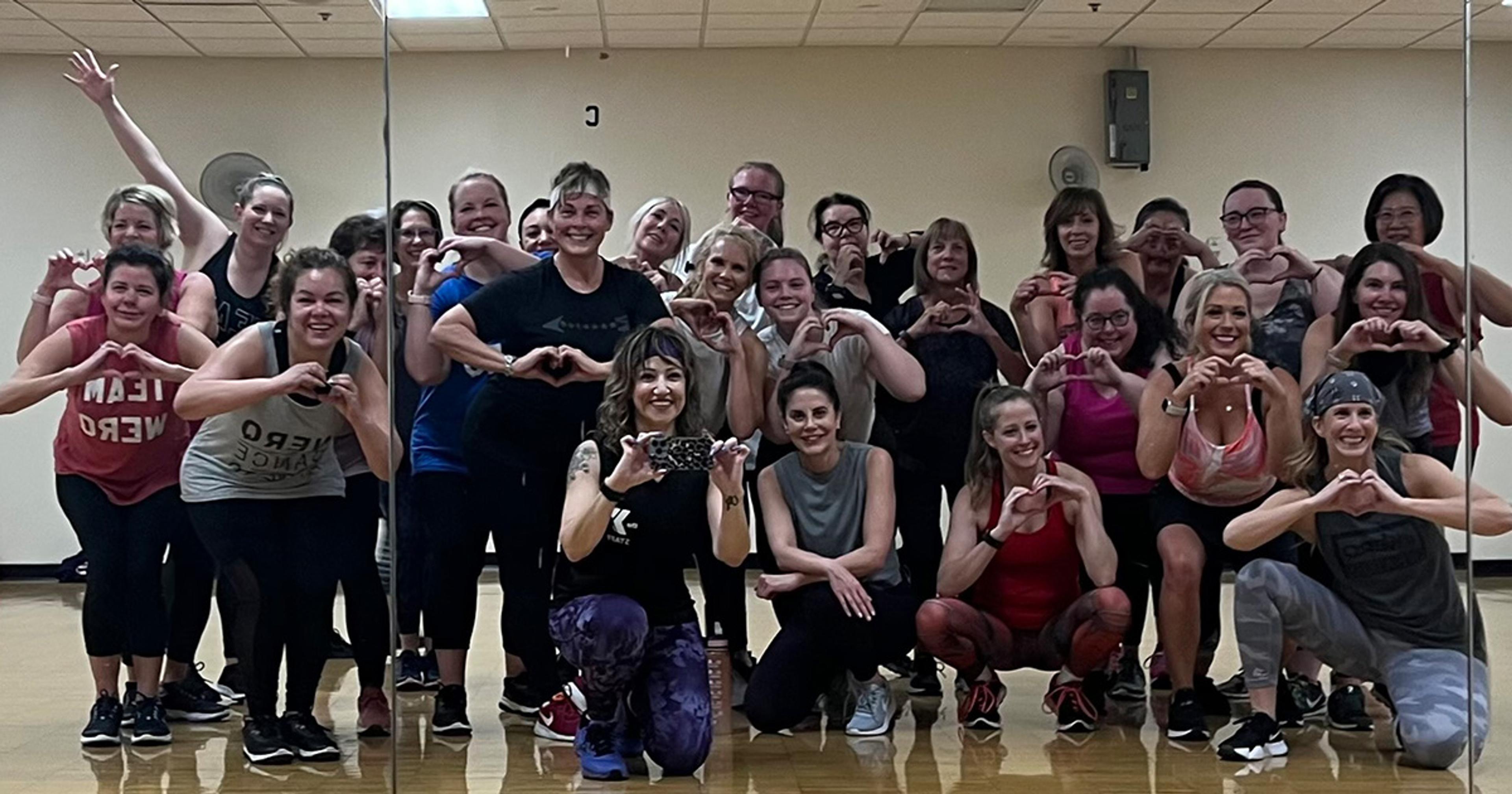Are Your Beliefs About Weight Loss Holding You Back From Better Health?
Jodi Davis
| 4 min read

People love to give helpful advice … but when it comes to weight loss, the majority of the advice is not accurate. I found this to be true during and even AFTER my 162-pound weight loss. Many caring individuals tried to share their personal weight-loss solutions with me, but as I continued on my successful weight-loss journey, I discovered the weight-loss facts and made sure to ignore the myths. Maybe this is why I’ve been able to keep the weight off for the last nine years.
8 Common Weight Loss Myths
Eating late at night makes you gain weight. Our bodies burn calories the same way no matter what time we eat them, but late-night snacks are often high in calories, fat and sugar. When I changed my lifestyle in 2001, I still had the desire to eat late at night so needed to find a solution that would allow me to munch before bed, but still allowed me to shed my excess pounds. I found that enjoying a bowl of low-fat, dry microwave popcorn worked wonderfully – this snack was low in fat and calories, allowing me to go to bed without the guilt of eating too much before bedtime.
If you have a weight loss plateau, you can “break it” by eating fewer calories. NO way! If you eat less than 800 to 1,000 calories a day, your metabolism may actually slow down because your body will try to conserve every calorie it gets. Instead, increase your activity level. Walk a longer distance and with more intensity – hey, it works great! Try it yourself and see.
Don’t eat between meals. I don’t know about you, but I get hungry between meals. I allow myself a couple snacks a day. My favorite choices are: a low-fat granola bar, handful of pretzel sticks, a piece of fresh fruit, raw almonds, soy nuts, low-fat yogurt, whole-wheat crackers or low-fat microwave popcorn. Low-calorie snacks help me avoid overeating at mealtime, plus it keeps me going the entire day.
Fasting for a few days shrinks your stomach and speeds your weight loss. Most of the weight that you lose this way (too quickly) will be water weight, and some of it will be muscle – NOT what you want to lose. Plus, as soon as you eat normally again, the weight will come back quickly. We are supposed to eat protein to be thin and firm, not thin and flabby.
Fat-free foods are also calorie-free foods. Hopefully, everyone realizes that this is not true at all. You really need to check the nutrition labels. Many are high in sugar and carbohydrates (to make up for the loss of flavor), causing them to have MORE calories than those with fat.
Deny your food cravings. Your daily calorie consumption can really add up as you try to avoid a specific food craving. It’s much easier to simply allow yourself a serving of the food you really want and get the craving taken care of. Remember: one bite tastes the same as 20.
As long as you eat healthy foods, you can eat as much as you want. No, I’m sorry, but a calorie is a calorie. For instance, although oatmeal is a healthy food, if you eat four cups of it, the calories will obviously add up. Healthy or otherwise, you still must be aware of proper portion sizes. Limit your caloric intake in order to lose your excess weight, and do your best to balance calorie intake throughout the day. This will help you avoid feelings of deprivation, hunger and despair.
You have to sweat to have a good workout. Not true – sweating is not necessarily an indicator of exertion—sweating is your body’s way of cooling itself. You can burn a significant number of calories without breaking a sweat, such as: taking a walk, light weight-training or working out in a swimming pool.
These are just a few of the things I wish others would understand about what it takes to lose weight and keep it off.
What are some of the myths you’ve discovered on your path to a healthier lifestyle?
Editor’s Note: This post originally appeared on A Healthier Michigan in May 2011.
Photo Credit: Kyle May





